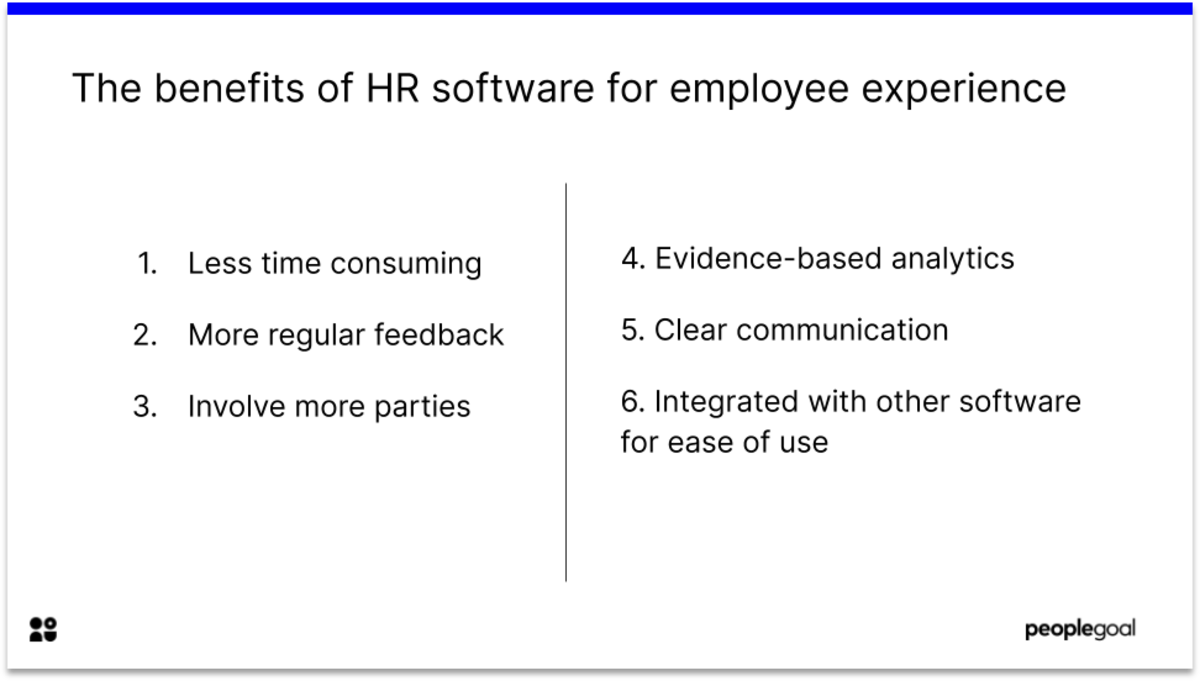What is Talent?
A talented person is an individual that can be relied on to complete a particular task or challenge. Some examples of this talent can be seen as an ability to communicate well with other team members or to regularly close deals. Every individual has their own set of unique abilities that make up their overall competencies in work.
The term top talent is often thrown around when discussing how to develop a high-performance company culture. Top talent refers to employees that are driven to succeed and exceed expectations. An individual that is eager to learn and not afraid of failure will be the best prepared to perform extremely well in their role.
This philosophy encapsulates precisely the mindset that is required for an individual to develop further talents and capabilities.
Talent Definition
As stated in the Oxford Dictionary, talent is ‘a natural ability to do something well’. Reflecting on this talent definition from an HR perspective, a team that is driven and well-engaged is far more likely to perform well. High-performance, in essence, facilitates a high level of productivity and a more productive team is evidently ‘doing something well’. In this way, we can say that a productive team must be a talented team.

Possessing a natural ability to perform well in a role indicates that a team or individual has a well-established purpose. When an organizational culture presents clear guidance as to the company’s long-term objectives, this encourages employees to strive for the completion of these goals.
The communication of the company vision is key to motivating and engaging team members. It is all good and well to recruit a talented person into your team, however, even the most talented individual can struggle to perform effectively if they are uncertain about the motivations for fulfilling their roles and responsibilities.
Etymology of Talent
Now we take a step back from the HR lens and looking at the etymology of the word talent. Historically, talent has been used to refer to a sum or measure of something. The first record of the term is considered to mean ‘sum of money’ from Greek talanton. The term then evolved carrying the same meaning in Latin as talentum, before eventually being shortened in Middle English to talente. In Middle English, the term was then used to refer to a unit of weight.
The use of the term talent can be found in Matthew 25, with his account of the ‘Parable of the Talents’. This Biblical story has been a focal point of much linguistic and historical debate. In a nutshell, the story describes three servants who are given talents and encouraged to use them. Some save them, whilst others invest and the anecdotal message illustrates the importance of using your talents to grow and develop. Whether the original story is referring to a currency or natural abilities is for others to decide. What we can learn from the Parable of the Talents is the power of using what you have to achieve more and strive to better ourselves.

This message is valuable for our modern understanding when considering the talent definition. Essentially, talents are a reflection of our own personal growth. Employees that are possess a broad range of talents will be able to perform to a much higher standard and as a result will drive more innovations and productivity.
How does Talent differ from Skill?
Any organization is going to want a team full of talented and skilled individuals, but how are these two terms different? Reflecting on the talent definition of ‘a natural ability‘, an individual is supposedly born with an innate set of such talents. In some cases, it may take specific training to help an individual discover these talents, however, unlike skills it is argued that talents can’t be learned.
From the other side, a skill is defined as ‘a learnt ability’. Each and every employee in a team will carry a particular skills set. These skills sets will have been adapted and curated through years of experience. With time and plenty of effort, an individual can harness a range of abilities that will enable them to execute tasks in a efficient manner.

Talents and skills refer to very similar attributes of a person. This often contributes to a blurring of the two terms. Whilst there is not a great deal of harm caused by confusing the two terms, it is still important to recognize that some individuals possess particular traits through contrasting means.
Talent and High Performance
In adopting an agile HR approach, talent and performance significantly play into each other. The relationship between the abilities of your team members and the work they are able to produce will determine how well your team can perform. It almost goes without saying that a team that does not possess the abilities to execute the task at hand will be unable to work productively.
Recognizing the talents of your organization and then allocating the most relevant roles and responsibilities is crucial to ensuring that your team can work productively. A strong recruiting process that can adeptly identify the stand-out talents of any candidate, or new hire, is extremely valuable for ensuring the right person is selected for a position.

It is crucial that HR are able to determine precisely what abilities are required to succeed in a role. On a team-wide scale, the collective talents and skills of an organization should provide a diverse range of abilities that can empower the combined efforts of all team members. Furthermore, with a clearly communicated focus on the discovery of talents – employees will have the opportunity to learn more about themselves and their capabilities.
Promoting a culture of learning and self-development will inspire employees to grow – professionally and personally. As the talent definition states these natural abilities that we possess are lying within us. With a positive and welcoming company culture, we can harness these abilities and develop into even more productive and better versions of ourselves.
Retaining Top Talent
In order to retain top talent, an organizational culture must be able to feed the hunger of employees who are looking for continuous opportunities for growth. A talented person who is not challenged or stimulated by their work is far more likely to leave their current position for a more exciting role.
Consequently, through establishing a company culture that promotes growth and can provide challenges to employees – there is a greater potential for maintaining a good level of employee retention.
Learning programs are extremely useful in facilitating organizations to promote talent development. A great talent development program has been curated by KPMG, who present systems for assisting the development of competencies, leadership and critical skills amongst others.

The key feature of this or any learning and development program is the routine of establishing specific learning goals. By aligning learning and development with KPIs, employees will have a greater drive towards self-development and fulfilling longer term career goals. On top of this, it is valuable to reinforce learning by making it relevant to their role.
Learning and development programs present an effective approach to better engaging employees.
Encouraging employees to invest in their learning from when they first join a company will establish a high-performance culture. An onboarding process that demonstrates the importance of learning and development will provide guidance for employees to pursue a more in-depth understanding of their roles and responsibilities.
All employees possess an array of talents. An effective onboarding process will direct employees on a path that enables them to discover the talents that they had not known that they possessed. Using a talent matrix can help assess your employees talents and potential to become a leader.
A company culture that facilitates the learning and development of employees will certainly maintain a high level of employee retention. Top talent will be attracted to the great opportunities the company presents for their own career pathing.
Ready to 3x Your Teams' Performance?
Use the best performance management software to align goals, track progress, and boost employee engagement.






